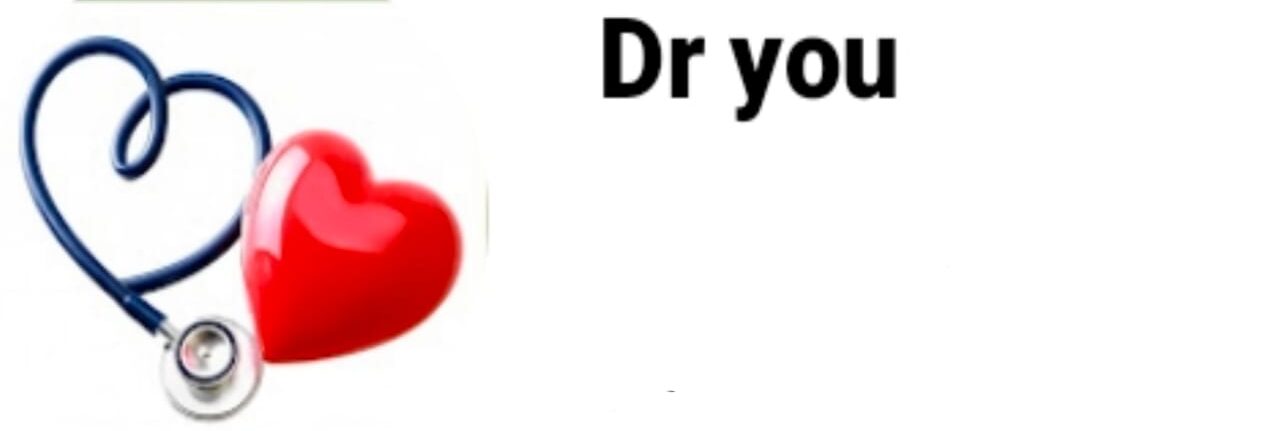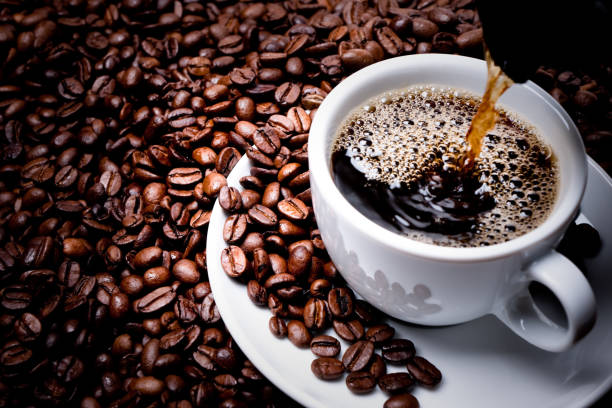What happens to the body when you stop drinking coffee If coffee is the superhero of your morning routine, quitting it can feel like breaking up with a loyal partner. That steaming cup of magic is often the only thing standing between us and a zombie-like morning.
But what really happens inside your body when you stop drinking coffee? From mood swings to shocking bursts of natural energy, quitting caffeine is like pressing the reset button on your system. The first few days might feel like a roller coaster—headaches, cravings, and the eternal question, “Why did I do this to myself?” But once you survive the early chaos, your body rewards you with steadier energy, calmer moods, and better sleep. Let’s break down the science, the drama, and the unexpected perks of living life coffee-free
1. The Immediate Shock: Your Body Throws a Little Tantrum
Quitting coffee is like telling your brain, “No more magic potion,” and it’s not happy about it. Caffeine blocks adenosine, the chemical that makes you feel sleepy.
When you suddenly stop, all that adenosine floods in, and boom—your body reacts. The first 24–48 hours can bring pounding headaches, irritability, and an overwhelming urge to nap everywhere—on your desk, in the bathroom, even in the middle of a Zoom call. Your brain is basically yelling, “Where’s my caffeine hit?” This withdrawal is temporary but intense. The good news? It usually peaks within three days, after which you’ll start to feel more like a functioning human again. Pro tip: drink extra water, stretch, and avoid making life-altering decisions during this time (because yes, coffee rage is real)
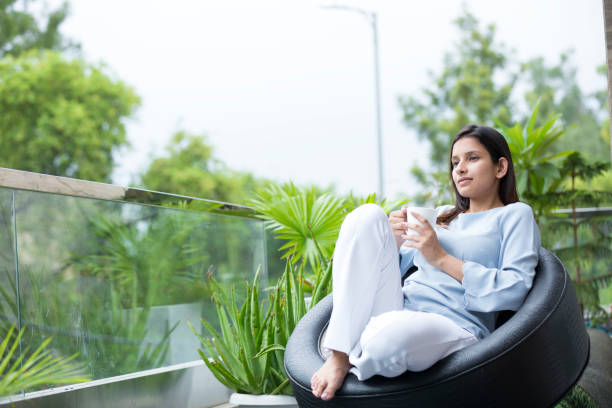
2. Anxiety and Jitters Take a Backseat
Caffeine gives you a jolt of alertness by stimulating your central nervous system—but that same effect can also make you anxious, restless, or jittery. If you’ve ever felt your heart racing after a double espresso, you know the feeling.
Quitting coffee means saying goodbye to those mini panic attacks and shaky hands. Within a week, most people notice a sense of calm they didn’t know they were missing. Your nervous system starts to relax, and the constant background buzz fades away. For people prone to anxiety, this is like taking a deep breath after years of shallow breathing. It’s not just mental peace either; even your heart gets a break as your resting heart rate drops back to a steady, healthy rhythm
3. Blood Pressure and Heart Rate Find Their Chill Zone
Caffeine temporarily raises blood pressure by tightening blood vessels and releasing stress hormones like cortisol. For someone sensitive to caffeine, this can mean frequent spikes throughout the day—like mini rollercoaster rides for your cardiovascular system. Once you quit, your blood pressure and heart rate begin to stabilize. The change isn’t dramatic overnight, but within a couple of weeks, your heart works more efficiently without those sudden caffeine-driven sprints. People with hypertension often notice this difference the most. Your doctor might even raise an eyebrow and say, “Whatever you’re doing, keep it up!” Goodbye caffeine spikes, hello smooth and steady circulation
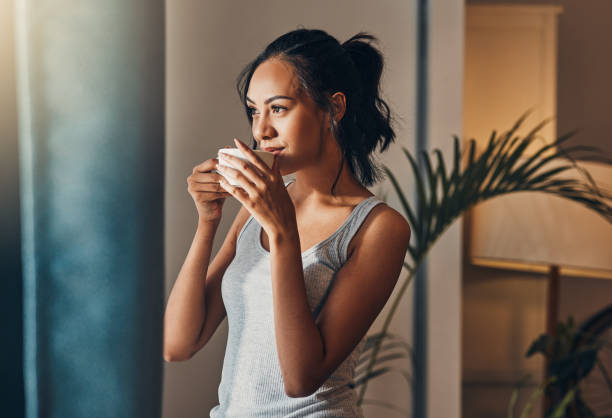
4. Energy Becomes Surprisingly Stable
Coffee tricks you into thinking it’s giving you energy, but it’s really borrowing it from your future self. Those sudden highs followed by mid-afternoon crashes? Classic caffeine. When you quit, the first few days might feel like you’re moving in slow motion, but soon your body relearns how to generate natural energy. Instead of bouncing between wide-eyed alertness and zombie fatigue, you start feeling steady and balanced. Many ex-coffee drinkers report waking up refreshed (yes, even without an alarm), powering through work without desperate coffee breaks, and enjoying a 3 p.m. that doesn’t feel like a brick wall. It’s like discovering a hidden energy reserve you never knew existed
5. Mood Swings Smooth Out (Eventually)
Caffeine boosts dopamine—the “feel good” chemical—creating a mini high every time you sip. But with every high comes an inevitable low, which is why you might feel cranky or sad when you skip your regular cup. After quitting, your brain chemistry starts to balance itself, reducing those unpredictable mood swings. At first, you might feel a bit like a moody teenager—snapping at innocent bystanders and questioning all your life choices—but once your body adjusts, you’ll notice your emotions becoming steadier. Instead of riding the “coffee happiness” rollercoaster, you’ll feel a calm, consistent sense of well-being
6. Your Sleep Game Levels Up
If you’ve been struggling to fall asleep or wake up feeling groggy despite sleeping eight hours, caffeine might be the culprit. Caffeine blocks adenosine, the chemical that signals your brain it’s time to rest. Even an afternoon coffee can linger in your system for up to 8 hours, messing with deep sleep. Within a week or two of quitting, most people report falling asleep faster, staying asleep longer, and waking up genuinely refreshed. Imagine getting up without hitting snooze five times—that’s the magic of a caffeine-free sleep cycle. Night owls might finally feel like morning people, and morning people? Well, they just become even more annoyingly cheerful
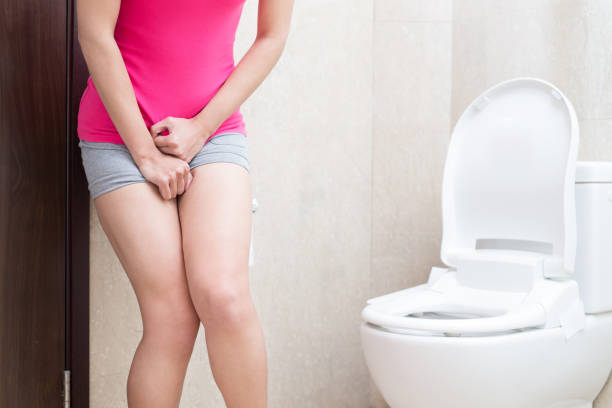
7. Your Taste Buds and Hydration Get a Glow-Up
Coffee is a diuretic, meaning it makes you pee more and can subtly dehydrate you. Quitting means your body retains water better, improving overall hydration. Your skin might look fresher, your lips less dry, and your headaches fewer. Another bonus: your taste buds reset. Without coffee’s strong, bitter flavor dominating your palate, you start noticing the sweetness of fruits, the richness of chocolate, and the delicate flavors of tea. Even plain water tastes… exciting (yes, really!). Your morning glass of lemon water suddenly feels like a five-star spa treatment
8. Weight Management Gets a Subtle Boost
This one depends on how you drank your coffee. If you loved sugary lattes or whipped-cream-topped frappes, quitting can drastically cut hidden calories from your diet. Even black coffee, while calorie-free, can trigger hunger pangs when the caffeine wears off, leading to mindless snacking. After quitting, your appetite and hunger hormones stabilize, making it easier to recognize real hunger versus caffeine-fueled cravings. Some people lose a few pounds without changing anything else—just by cutting their daily caramel macchiato
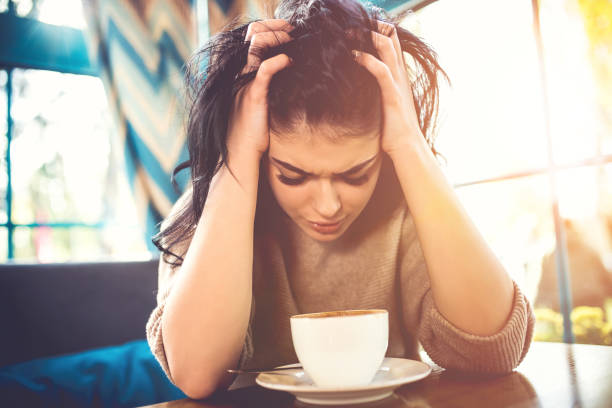
9. Mental Clarity: From Foggy to Focused
Many people think coffee sharpens focus, but long-term caffeine use can actually cause “brain fog” when you’re not sipping it. Once you quit and the withdrawal haze clears, your brain adapts to running on natural alertness. You may find yourself concentrating better, remembering details more easily, and staying sharp without the need for a refill. It’s like your brain finally stopped outsourcing its energy supply and learned to work on its own
The Bottom Line: Breaking Up Is Hard, But Worth It
Quitting coffee isn’t just a diet change—it’s a lifestyle shift. The first week might test your patience with headaches, fatigue, and the overwhelming smell of coffee shops calling your name. But beyond that initial storm lies a calmer, healthier you.
Lower anxiety, steady energy, deeper sleep, glowing skin, and stable moods await on the other side. Whether you’re quitting for health reasons or just to prove you can, remember this: life after coffee doesn’t mean life without joy. It means discovering a different, more natural kind of power—the kind that comes from your own body, not a cup. And who knows? You might even start enjoying herbal tea… or at least pretending you do while secretly smelling every cup of coffee you pass
Disclaimer
The tips and suggestions mentioned in this article are intended for general informational purposes only. Before starting any fitness program, making changes to your diet, or trying any remedies related to health conditions, please consult your doctor or a qualified healthcare professional. Dr. You does not verify or endorse the authenticity of any such claims made herein
